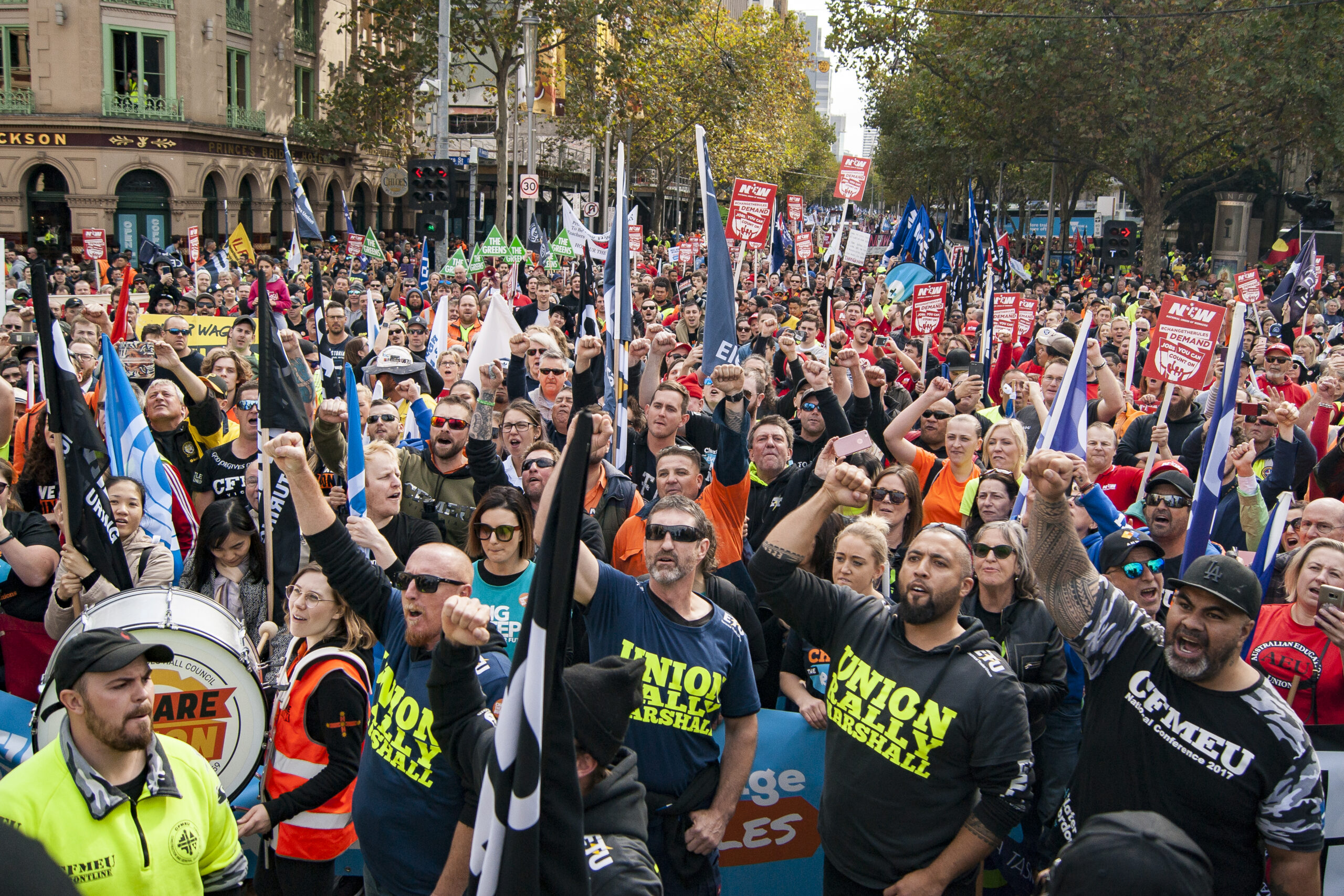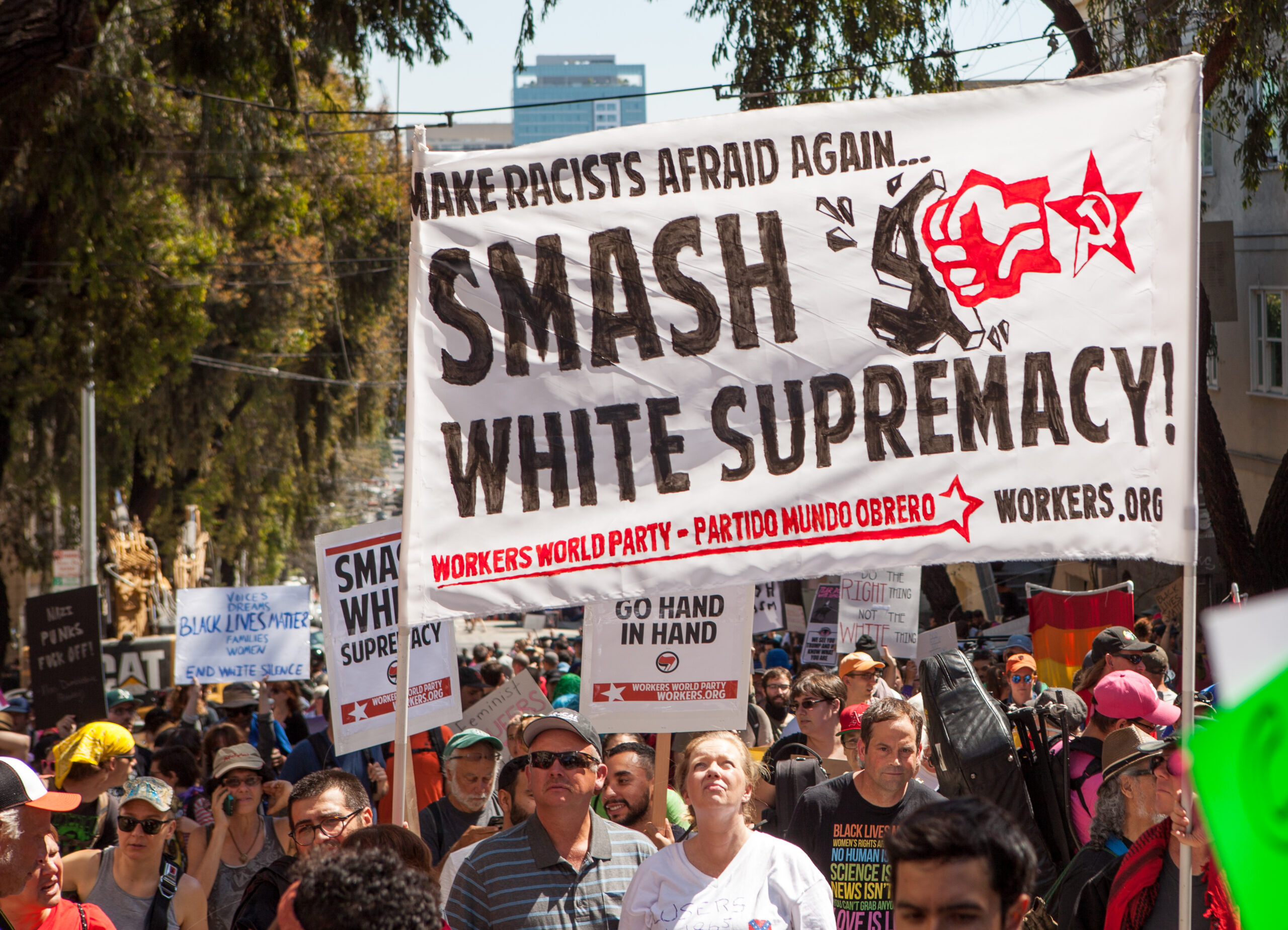What the hell was Mana party boss Gerard Hehir thinking? When German millionaire Kim Dotcom picked up his Swarovsky crystal cellphone and dialled Hone Harawira, why didn’t Hone just hang up?
If Mana aims to represent the poor, is a deal with a millionaire going to build the “brand”? Mana struggles to be taken seriously in the media: is a rapping, super-rich videogamer really going to help?
The answer to both questions is no, though it’s not as obvious as the critics think. But, in general, the Dotcom episode has revealed how the depressingly impoverished state of New Zealand politics.
Dotcom should be able to live in New Zealad. He should not be handed over to the United States. But he also should never have been able to bribe his way into New Zealand and he should not be able to buy political representation. And we should really not need to be talking about this.
However, we are. And that’s my first point in defence of Hone and Gerard: it’s news. The Mega Mana story has been on every news bulletin since the beginning of the week. National Radio on Thursday played a quote from Annette Sykes every hour saying “Mana is against National and for the poor”. We may be less than happy with the way it spins in the media, but it is getting some basic messages out.
That basic message may well never have got out, however, had it not been for the vigorous interventions of Mana members in social media and elsewhere through the day making clear their distaste for a lash-up with the Banks-donating millionaire. Sue Bradford set out her opposition early on, putting the discussion on a more serious ground.
In Gerard’s defence, Dotcom is a millionaire, but not every boss is the same. Gerard is a union organiser, and part of that job is playing off one boss against another. Dotcom’s company, Megaupload, makes money by undermining the monopoly model of movie and music companies. That’s why he is wanted by the FBI. There are constant battles within the ruling class – in this case involving old media vs new media. There is nothing wrong in principle with using them to our advantage, so long as we don’t end up being casualties for someone else’s cause.
But what the whole episode reveals most clearly is how ridiculously shallow New Zealand politics is. That a clown like Dotcom can monopolise headlines and pretend to be a politician is shocking and disturbing. This is a far cry from the days of Springbok Tour protests, when both Labour and National had large memberships and active branches, when the Maori land rights movement mobilized thousands, when Reclaim the Night marches raised rebellion against the old misogynistic order. The millionaire who played at politics in those days was Bob Jones. He’s a foul old bigot but his “New Zealand Party” had some policy. Worse, David Lange’s Labour adopted his economic policy.
Dotcom has nothing. Apparently his party has an official title for him “Party Visionary”. It is a bad joke. But shallow, personality-driven politics is likely to get worse before it gets better. The decline of parties based on the working class internationally means lower voter turnout and more political volatility and stupidity. That’s no reason to go into coalition with it.









